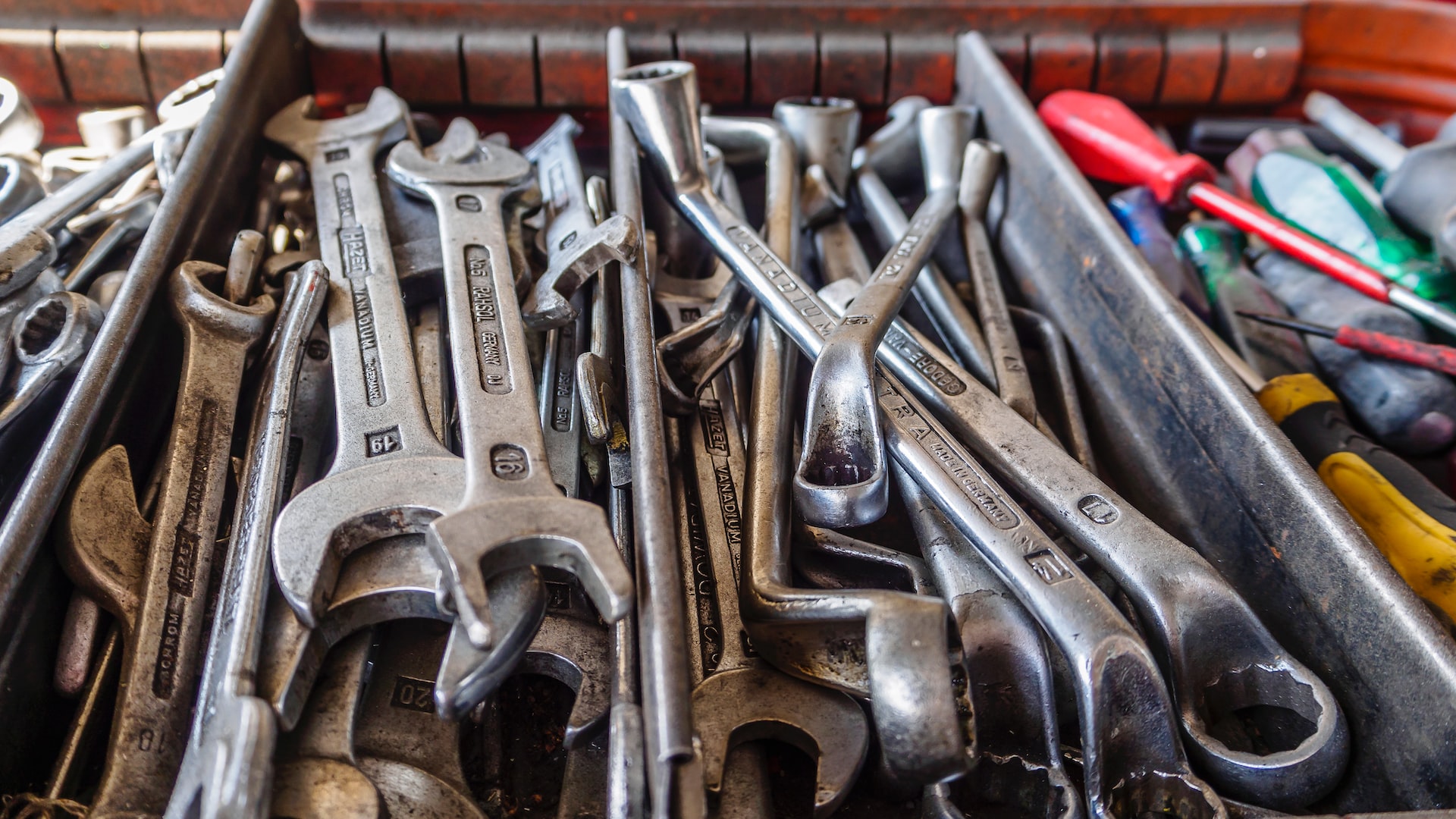When the chill of winter settles in, nothing beats the comfort and warmth of a well-functioning gas wall heater. These energy-efficient appliances have become a staple in many homes across Melbourne, providing reliable heat while keeping energy bills manageable. However, like any appliance, they can encounter problems that require timely repair. Understanding how to handle gas wall heater repair effectively is crucial for maintaining your home's heating efficiency and ensuring your family’s comfort. In this comprehensive article, we will explore the ins and outs of gas wall heater repair assistance, troubleshooting common issues, and when to call in the professionals at Melbourne Heating Repairs Service.
Understanding Gas Wall Heater Repair
What Is a Gas Wall Heater?
Gas wall heaters are compact heating systems that mount directly on a wall or stand alone in a room. They use natural gas or propane as fuel sources to provide consistent warmth throughout your home. Their space-saving design makes them popular in smaller living areas or those looking to supplement their central heating system.
Why Would You Need A Gas Wall Heater Repair?
Over time, wear and tear can affect even the most robust heating systems. Some common signs indicating that you might need gas wall heater repair include:
- Inconsistent Heating: If some rooms are warm while others remain cold.
- Strange Noises: Unusual sounds such as rattling, banging, or hissing could indicate mechanical failure.
- Yellow Pilot Light: A yellow flame instead of blue indicates incomplete combustion and could signify serious issues.
- Foul Odors: Any acrid smells could mean there’s a gas leak requiring immediate attention.
Understanding these warning signs is crucial for addressing issues early before they escalate into major repairs.
Common Issues with Gas Wall Heaters
1. Ignition Problems
Why Does It Happen?
Ignition failures are often caused by faulty pilot lights or electronic igniters. This can prevent your heating unit from starting altogether.
Symptoms:
- The thermostat isn’t responding.
- The heater clicks but doesn’t ignite.
2. Thermostat Malfunction
What Causes It?
Your thermostat might be set incorrectly or be malfunctioning entirely if it fails to regulate temperature properly.
Signs of Trouble:
- Trekking between settings yields no change.
- Temperature readings do not match ambient conditions.
3. Blocked Ventilation Ducts
Why It's Critical:
Blocked ducts can restrict airflow, leading to inefficient heating and increased safety hazards due to poor combustion exhaust flow.
Warning Signs:
- Trapped heat leading to overheating
- Weak airflow from vents
4. Gas Leak Concerns
Handling Emergencies:
A gas leak is one of the most severe issues related to gas heaters; it requires immediate action!
Indicators:
- Smelling rotten eggs (even faintly)
- Dead vegetation near outdoor line leaks
Steps for Simple DIY Repairs
While some issues must be handled by trained professionals like those at Melbourne Heating Repairs Service, others lend themselves to simple DIY fixes:
-
Check Thermostat Settings
- Ensure your thermostat is switched on and set correctly—sometimes it’s as easy as adjusting settings back into place.
-
Inspect Pilot Light
- If it's out, carefully relight according to your manufacturer's instructions—or call an expert if you're unsure.
-
Clear Vents
- Inspect nearby furniture or obstructions blocking air vents and remove obstacles where needed.
-
Consult Manuals
- Reference your user manual for troubleshooting guides specific to your model; manufacturers often provide valuable insights!
When To Call the Professionals?
Though minor fixes may prove successful with DIY methods, certain situations demand professional expertise:
Seeking Help from Melbourne Heating Repairs Service
- Are you dealing with:
- Persistent ignition failures?
- Rattling noises indicating potential internal damage?
- Severe corrosion around connectors?
If so—calling experts ensures safe handling without risking personal injury!
FAQs About Gas Wall Heater Repair
What should I do if I smell gas near my appliance?
Immediately evacuate all individuals from the vicinity! Contact emergency services while avoiding turning electrical switches on/off until professionals arrive for assessment.
How often should I service my gas wall heater?
Annual maintenance generally suffices; however—if unusual noises occur or performance fluctuates—you might consider biannual checks instead for optimal function!
Can I replace parts myself on my gas wall heater?
Some non-electrical components may offer easier replacement avenues—but always consult with manuals first! For anything involving wires & valves—to protect both yourself & property—I advise leaving repairs strictly up to certified professionals!
Conclusion
Keeping your home warm during winters shouldn’t come at the cost of safety or reliability—and that's where understanding gas wall heater repair becomes essential! Regular checks empower homeowners against potentially dangerous situations while saving money through effective energy usage year-round! Instead of letting minor problems linger into larger headaches that curtail comfort levels within our own residence(s)—consider seeking help from qualified technicians like those found at heatingrepair.com.au whenever necessary—they'll ensure quality workmanship coupled alongside dependable solutions making cozy winters possible once again!
